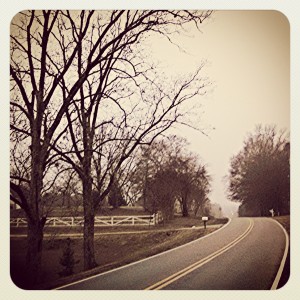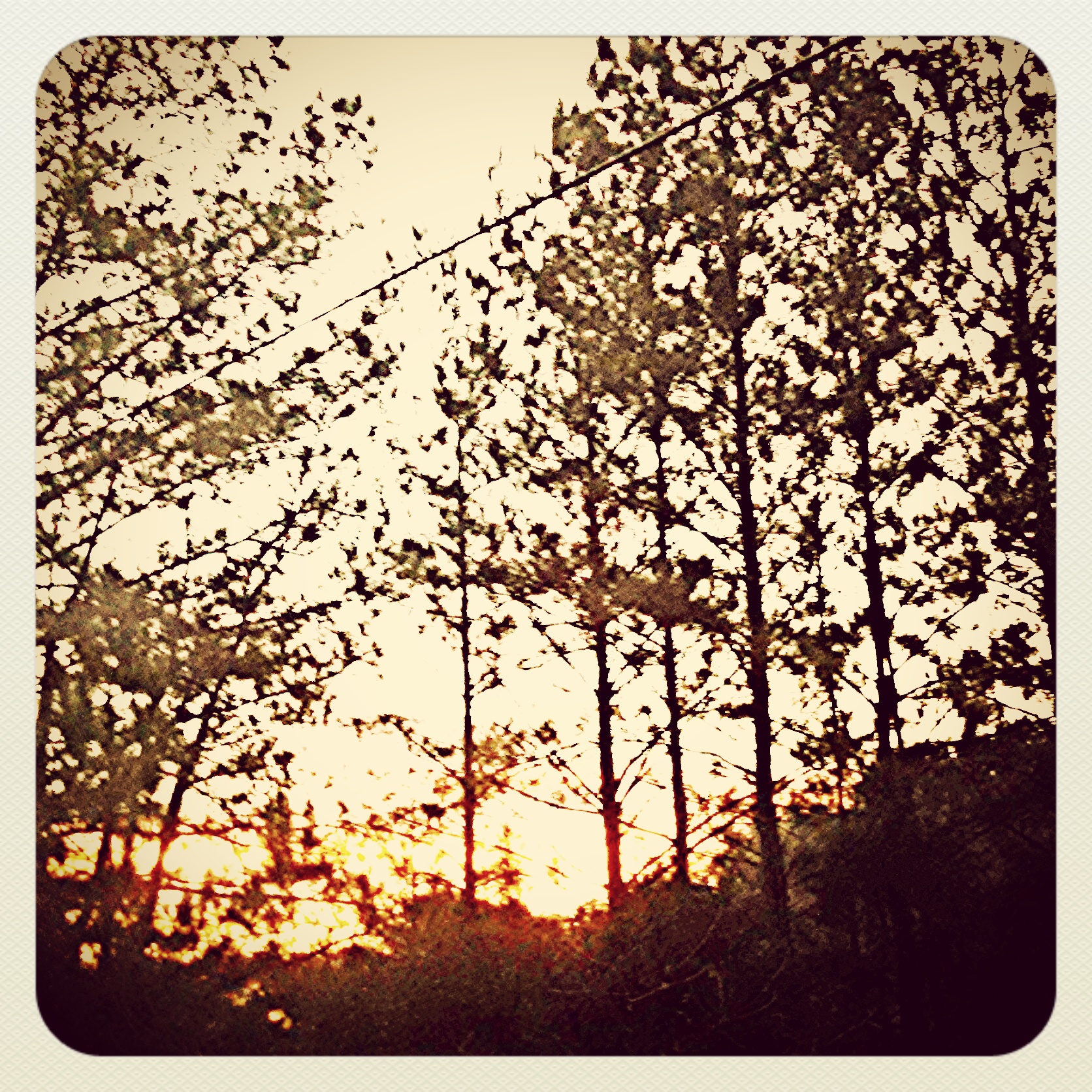Sitting unflinching, silent, a parking lot at 6am and rain-fall’s pooling remains paint abstract reflections on a black asphalt screen. Within the grocery store – beneath fluorescent lights – a clerk counts money from a drawer behind the service desk, preparing for the morning with a tense, managerial attention.
Still, sitting, the grey sky lightens as hour passes hour – a delivery truck rattles metallic complaints as the driver unloads boxes of potato chips. With the lightening day come the store’s patrons – illusory bodies enwrapping memories move in self referential patterns – habitual curves marking where foot is placed, angle of leg and arm, how the shoulders bear imaginary weights.
An elderly woman sits at a table in the storefront cafe, her head shaking no, no, no, no, she unwraps a pre-made sandwich – carefully folds the plastic covering – walks slowly to the garbage and back – a pattern she will repeat with each item she consumes.
Still, gazing, pause to look down and read:
“Forms, just appearance emptiness.
Sounds, just the empty sound of Buddha’s speech.
Mind too is just that way.
When everything is resolved within its own empty nature,
joyous laughter is inevitable. – t.k.”
–

Looking up at the trees, barren against the November sky, I smile to myself and enjoy the experience. Mind turns to the face of Santoka Taneda, a drunk, pill popping Zen monk who was known for his avant-garde haiku and dissolute lifestyle.
soaking wet
I cant read the letters
on the signpost
He wrote of weariness and rain, of pissing in ditches and bombs falling in the moonlight. Becoming a monk came after a failed suicide attempt, and his death in 1940 put him in a position to see a war torn imperial Japan just before the nuclear nightmare of Hiroshima and Nagasaki would put an end to the empire.
Mind turns to la Santa Muerte, America’s patron of the dispossessed, her beautiful skeletal form fills the open space before me and I reflect on how many of her devotees find themselves walking without protection in the rain of poverty and street war that plagues the Americas. Again, I smile, the mud and mist are nothing and the walk is beautiful in its own way. Just then, as I mutter “Mi Madrina…” and a thank you for reminding me that life is more fulfilling than my expectations of comfort, a car slows and pull to the side of the road in front of me.
The smell of stale cigarettes drifts from the open window and a rough voice rumbles through a thick Georgia brogue – “Need a r’ahd?”
I quickly pull open the door and get in, “Thanks, I really appreciate this. What’s your name, man?” with my polite formality the car starts up again, driver looking straight ahead, staring intently at the road.
“Y’can call me Bubba” he expresses in an emotionless growl, reaching out a strong hand in greeting and glancing over just long enough for me to see his pupils dilated with the telltale sign of heavy narcotics.
“People don’t stop no more,” he continues in the same rough, flat affect growl.
“Ever since m’ah daddy used t’pick folks up – I don’t let no one go without a ride. Never know, could be an emergency, could need to get to a hospital, could need help, never know.”
I tell him I’m just heading to the gas station down the road, he nods and says “If y’ah got drugs on ya, I don’t care, just let me know ‘case we get pulled over, that way we ken get rid’them quick. I ain’t one to judge, just want to know ‘case a cop comes.”
“No drugs,” I laugh, and we ride along in silence.
He drops me off at the gas station and I thank him again for the ride.
Walking back, uplifted by the experience, the puddles and mud no longer seem to matter that much as I meditate on that beautiful bond of those who have nothing, no support, no money, no prestige. A few miles from where I’m staying another car pulls over, the window rolls down – “Hey, do you need a ride?”
La Santisima, the Most Holy, she pulls me into her world, shows me areas of desperation where there is nothing left but miracles. Living for a year in rural Georgia, awaiting payment for some co-hosted webinars while finances fail and nowhere to work outside of odd jobs and the occasional sale of tracks from The Message or infrequent illustration gigs – every moment has been a slow release of expectations. No phone, limited web access when I had enough gas to get to the library, and yet feeling the freedom of living so close to nature. In my dissolution I have seen something of a treasure that few embrace.
Again, mind turns to Taneda:
Worn and torn daily
and falling in shreds:
my cloak for travelling.















